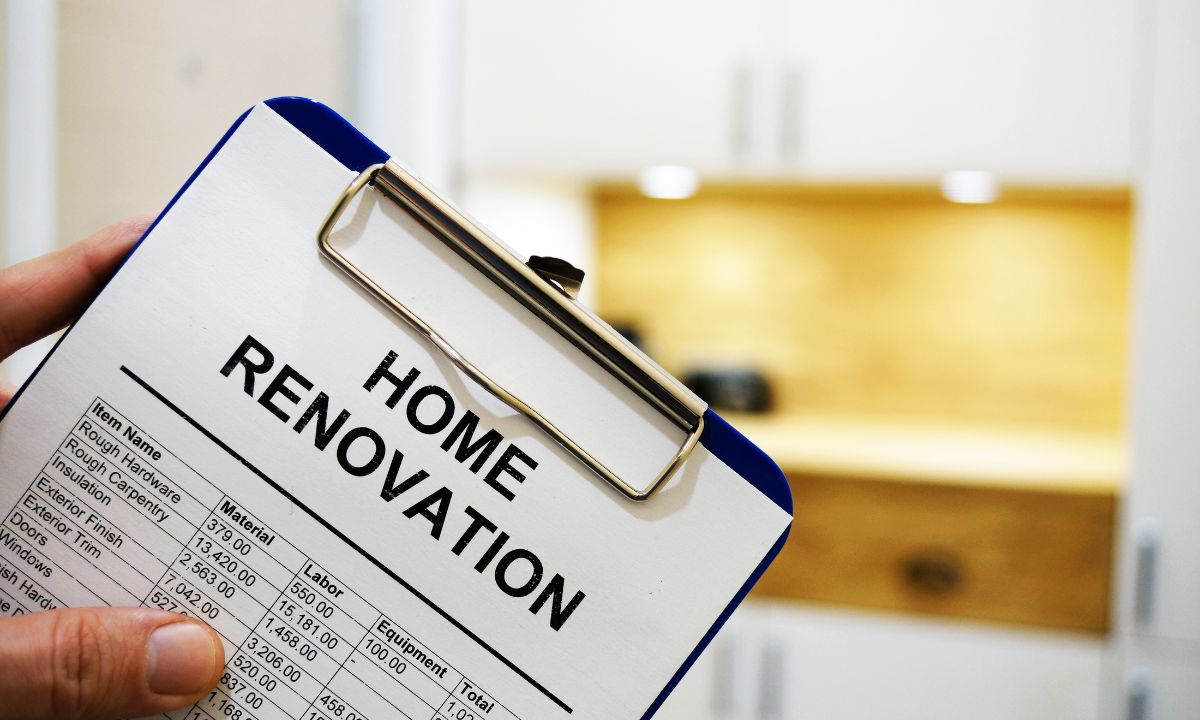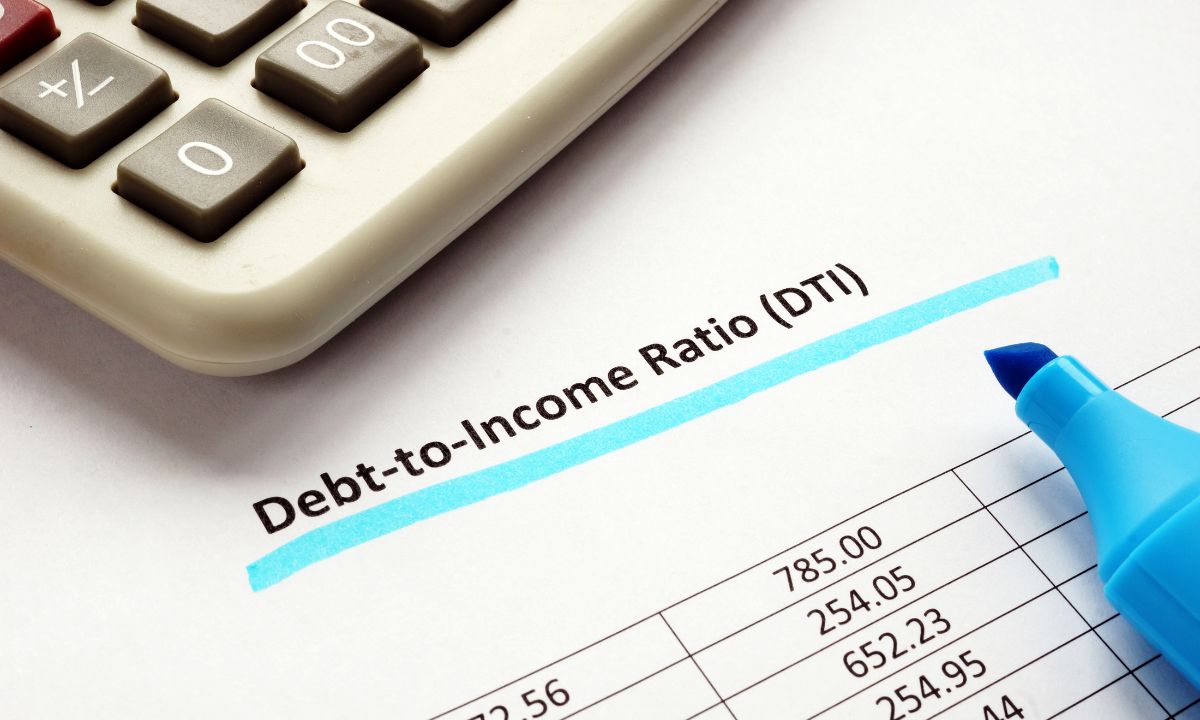 If you’re like many of us, your furry friends aren’t just pets; they’re beloved members of the family. As you embark on the journey of finding your dream home, it’s essential to consider their needs alongside yours. From spacious yards to pet-friendly communities, here’s a guide to finding the perfect home for both you and your four-legged companion.
If you’re like many of us, your furry friends aren’t just pets; they’re beloved members of the family. As you embark on the journey of finding your dream home, it’s essential to consider their needs alongside yours. From spacious yards to pet-friendly communities, here’s a guide to finding the perfect home for both you and your four-legged companion.
Understanding Your Pet’s Needs
Before diving into the world of real estate listings, take a moment to consider your pet’s needs. Whether you have a playful pup or a laid-back feline friend, certain factors can significantly impact their happiness and well-being:
Space to Roam: Dogs, in particular, thrive in environments where they have room to run and explore. A fenced yard or nearby park can provide the perfect space for daily exercise and playtime.
Pet-Friendly Features: Look for homes with pet-friendly features such as durable flooring (like hardwood or laminate) that can withstand scratches and accidents. Additionally, consider the layout of the home to ensure it’s conducive to your pet’s comfort and safety.
Neighborhood Amenities: Research pet-friendly amenities in the surrounding neighborhood, such as walking trails, dog parks, and pet-friendly businesses. A vibrant community that welcomes pets can enhance both your and your pet’s quality of life.
Searching for Pet-Friendly Properties
When scouring real estate listings, keep your pet’s needs in mind. Here are a few key features to look for:
Fenced Yard: A fenced yard provides a safe and secure space for your pet to enjoy outdoor activities without the risk of wandering off.
Pet-Friendly Flooring: Opt for homes with pet-friendly flooring options that are easy to clean and maintain. Tile, laminate, and vinyl flooring are excellent choices for pet owners.
Proximity to Pet Services: Consider the proximity of the property to essential pet services such as veterinary clinics, groomers, and pet supply stores. Easy access to these services can save you time and hassle in the long run.
HOA Regulations: If you’re considering a property in a planned community or condominium complex, review the HOA regulations regarding pets. Some communities have breed or size restrictions, so be sure to clarify any restrictions before making a decision.
Communicating Your Needs with Your Realtor
When working with a real estate agent, be sure to communicate your pet’s needs and preferences upfront. A knowledgeable agent can help you narrow down your search to properties that meet both your and your pet’s requirements. Don’t hesitate to ask questions and voice any concerns you may have regarding pet-friendly features and neighborhood amenities.
Making Your New Home Pet-Friendly
Once you’ve found the perfect home for you and your furry friend, it’s time to make it pet-friendly:
Create a Safe Haven: Set up a designated space for your pet complete with their bed, toys, and food and water bowls. This will help them feel secure and comfortable in their new environment.
Pet-Proof Your Home: Take steps to pet-proof your home by securing cabinets, covering electrical cords, and removing any hazardous plants or objects that could pose a danger to your pet.
Explore the Neighborhood: Take your pet on walks around the neighborhood to familiarize them with their new surroundings. Introduce them to nearby parks and pet-friendly establishments to help them feel at home.
Finding the perfect home for you and your furry friend is an exciting journey that requires careful consideration and planning. By prioritizing your pet’s needs and seeking out pet-friendly properties and neighborhoods, you can ensure a smooth transition for both you and your beloved companion.
 A mortgage escrow account, also known simply as an escrow account, is a financial arrangement set up by a mortgage lender to manage and disburse certain payments related to the property on behalf of the homeowner. The purpose of an escrow account is to ensure that essential expenses, such as property taxes and homeowners’ insurance, are paid on time.
A mortgage escrow account, also known simply as an escrow account, is a financial arrangement set up by a mortgage lender to manage and disburse certain payments related to the property on behalf of the homeowner. The purpose of an escrow account is to ensure that essential expenses, such as property taxes and homeowners’ insurance, are paid on time. Undertaking home renovations can be an exciting endeavor, whether you’re looking to enhance your living space, increase property value, or simply modernize your home. However, financing these projects can often pose a significant challenge. While personal loans and refinancing are popular options for funding renovations, it’s important to weigh the advantages and disadvantages before deciding.
Undertaking home renovations can be an exciting endeavor, whether you’re looking to enhance your living space, increase property value, or simply modernize your home. However, financing these projects can often pose a significant challenge. While personal loans and refinancing are popular options for funding renovations, it’s important to weigh the advantages and disadvantages before deciding.
 When it comes to buying real estate, stepping into your dream home isn’t just a matter of physical visits anymore. Thanks to the innovative integration of virtual reality (VR) technology, prospective buyers and curious renters can now explore properties from the comfort of their own spaces. This revolutionary shift not only transforms the way we house-hunt but also reshapes our perceptions of what the future holds in real estate.
When it comes to buying real estate, stepping into your dream home isn’t just a matter of physical visits anymore. Thanks to the innovative integration of virtual reality (VR) technology, prospective buyers and curious renters can now explore properties from the comfort of their own spaces. This revolutionary shift not only transforms the way we house-hunt but also reshapes our perceptions of what the future holds in real estate. When it comes to securing a mortgage for your dream home, there’s a crucial number that can make or break your application: your debt-to-income ratio (DTI). Understanding and managing your DTI is essential for navigating the mortgage approval process smoothly. Let’s delve into what DTI is, why it matters, and how you can calculate it.
When it comes to securing a mortgage for your dream home, there’s a crucial number that can make or break your application: your debt-to-income ratio (DTI). Understanding and managing your DTI is essential for navigating the mortgage approval process smoothly. Let’s delve into what DTI is, why it matters, and how you can calculate it. What happens when you suddenly get a notice to pay your mortgage to a company you may have never heard of? How do you determine if this is a legitimate request or a scam?
What happens when you suddenly get a notice to pay your mortgage to a company you may have never heard of? How do you determine if this is a legitimate request or a scam? In the dynamic landscape of financial markets, real estate has long been considered a stable and lucrative investment. However, as economic forces continue to shape our world, investors must comprehend the multifaceted relationship between inflation and real estate.
In the dynamic landscape of financial markets, real estate has long been considered a stable and lucrative investment. However, as economic forces continue to shape our world, investors must comprehend the multifaceted relationship between inflation and real estate.
 In the wake of the COVID-19 pandemic, the way we work underwent a profound change in the way most people do business. It became apparent that working from home was more than a temporary change. As companies adapted to remote work models, many employees found themselves unleashed from traditional office spaces.
In the wake of the COVID-19 pandemic, the way we work underwent a profound change in the way most people do business. It became apparent that working from home was more than a temporary change. As companies adapted to remote work models, many employees found themselves unleashed from traditional office spaces.